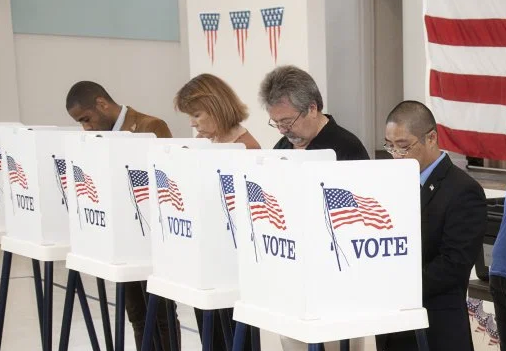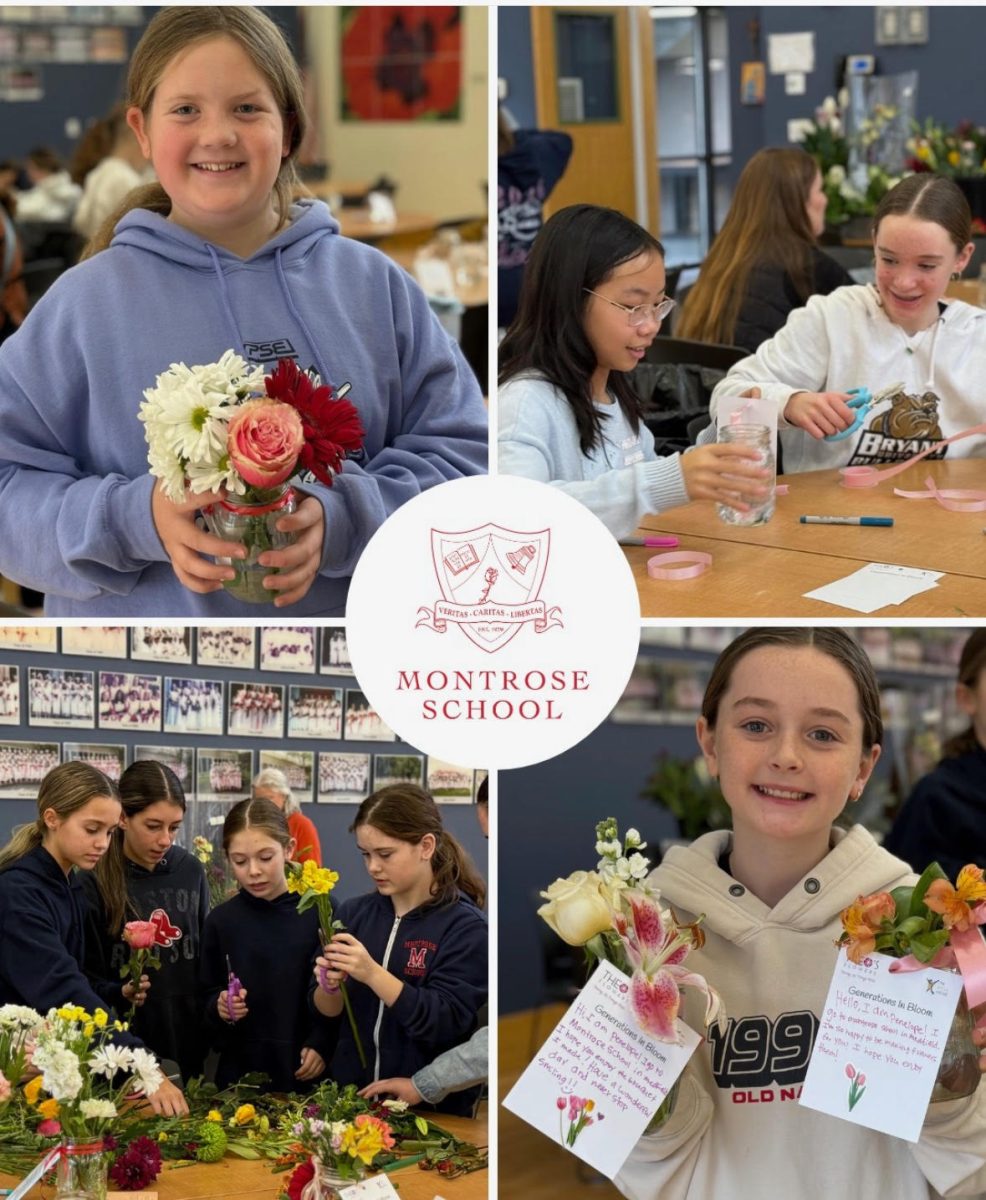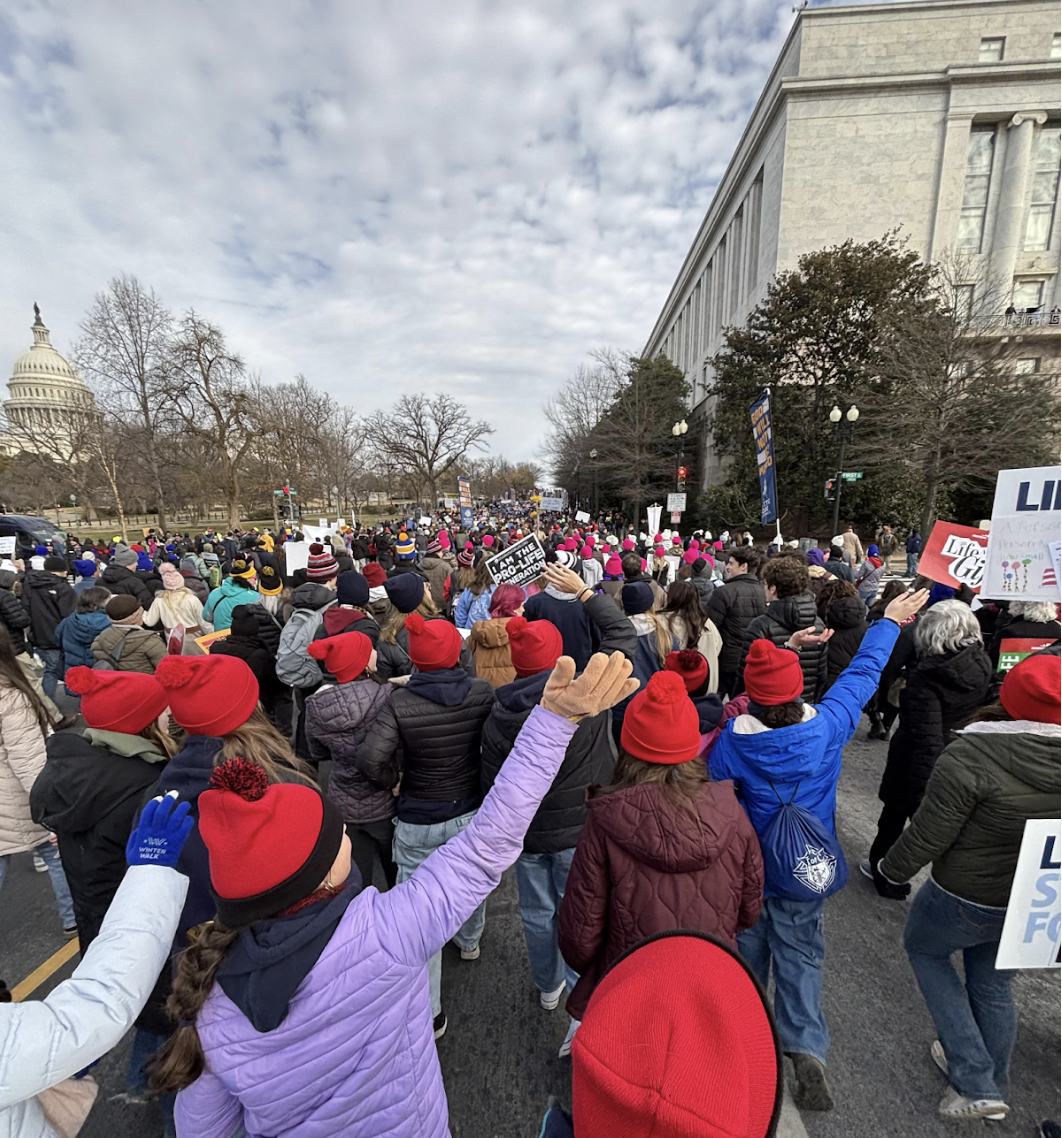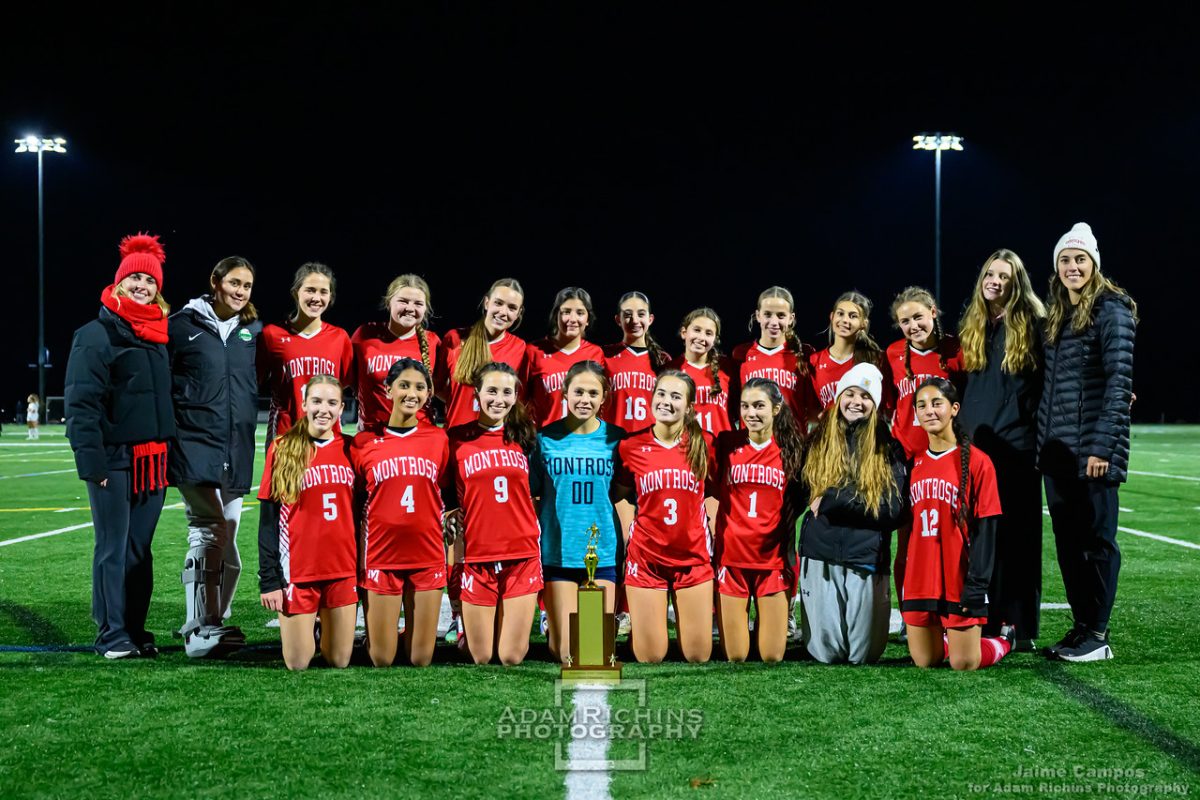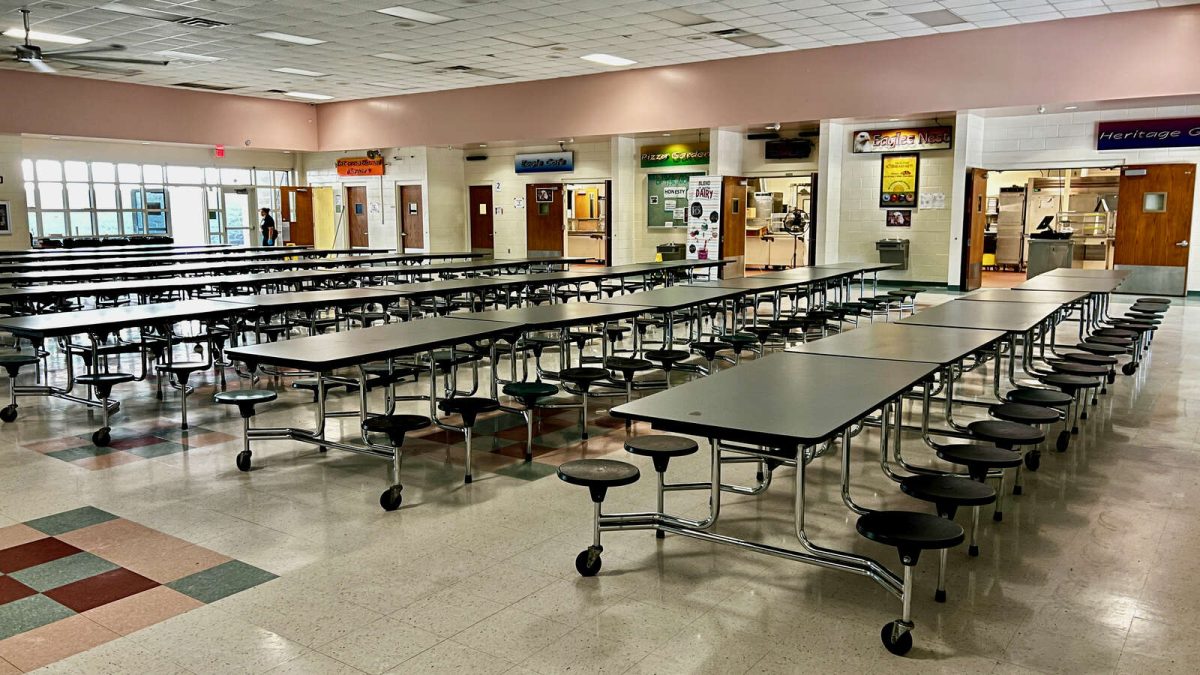I have a question for you. Whether you’re with friends, family, or by yourself – I want you (and perhaps those around you) to take a quick poll – are you aware of the candidates for the national 2024 presidential election?
Next, (and be honest!), are you aware about your local town election – so you know who the candidates are for town selectman, administrator, and positions like that? As you can see, these statistics are incredibly disparate – so many more people know about the country’s presidential election compared to their own town’s.
Unfortunately, this data repeats itself in practically all places. According to the official website of my town, Walpole, only 78% of people are registered for town elections, and only nine percent out of those 78% actually vote. Nationwide, according to a New York Times article, only 27% percent of eligible voters vote in municipal elections; therefore, this is a bipartisan issue. In fact, according to an article from the LA Times, it has come to the point where the Los Angeles Ethics Commission actually suggested handing out cash prizes to encourage their citizens to vote.
While all of this data is surprisingly low, what is the real consequence? The widespread presumption is that town elections simply do not matter, and that only state and national elections will make a real difference in our everyday lives. However, according to an official report from the US Bureau of the Census, local town governments handle over $1.8 trillion.
According to a New York Times article, it is likely that those who vote in town elections vary across the states – in some towns, those who are wealthier, richer, older and of the same political party and demographic may feel motivated and energized to elect candidates that cater to their beliefs. In other towns, those who are younger, middle-class or lower-class and of a different political party will work together to vote in whom they favor as well. As a result, political control in all of these towns are never shared equally. This no longer sounds like a democracy.
So, what can be done to solve this problem? An ambitious, yet incredibly helpful solution, is to move town elections to the same date as federal elections. When local elections are not held on the first Tuesday of November, just like the federal election, voters have to complete so many extra steps just to vote for a school board member they have never even spoken to or heard of. As it is, people of marginalized communities, who need to be represented the most, find it difficult to leave their job for unpaid hours since they are struggling to make ends meet. Those few hours they use to vote in another election is valuable money being wasted. However, if you move these town elections to the same day as national elections, you just need to vote for a few more positions. As a result, town, state and national elected positions are more representative of the overall population, and our democracy is a little more restored.
By Sanya Nadeem ‘26, Assistant Politics & Opinions Editor
Sources:
Walpole MA 2023 Town Election Results
Why Does No One Vote in Town Elections?
Panel wants L.A. to look at using prizes to boost voter turnout

